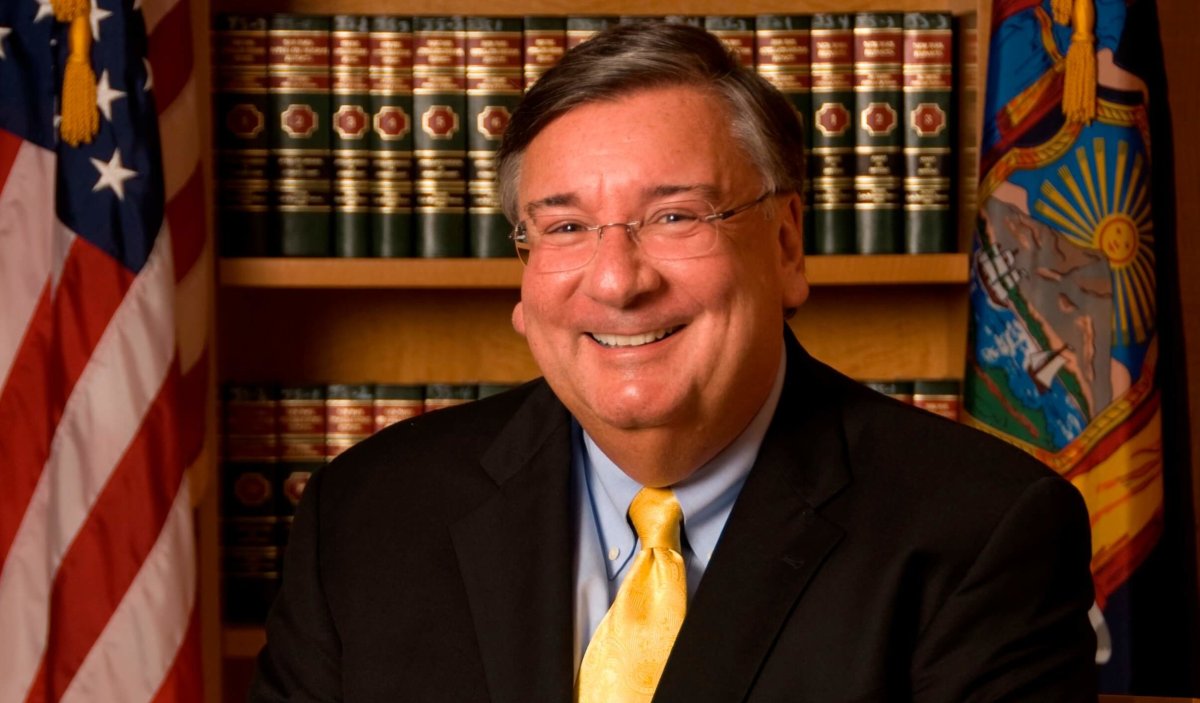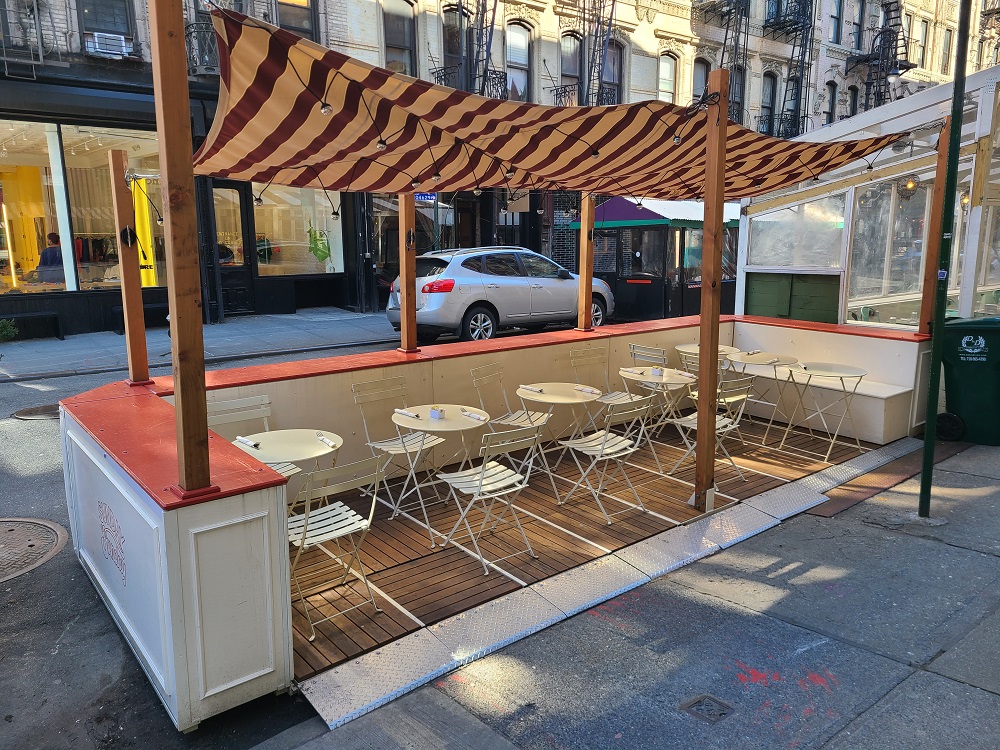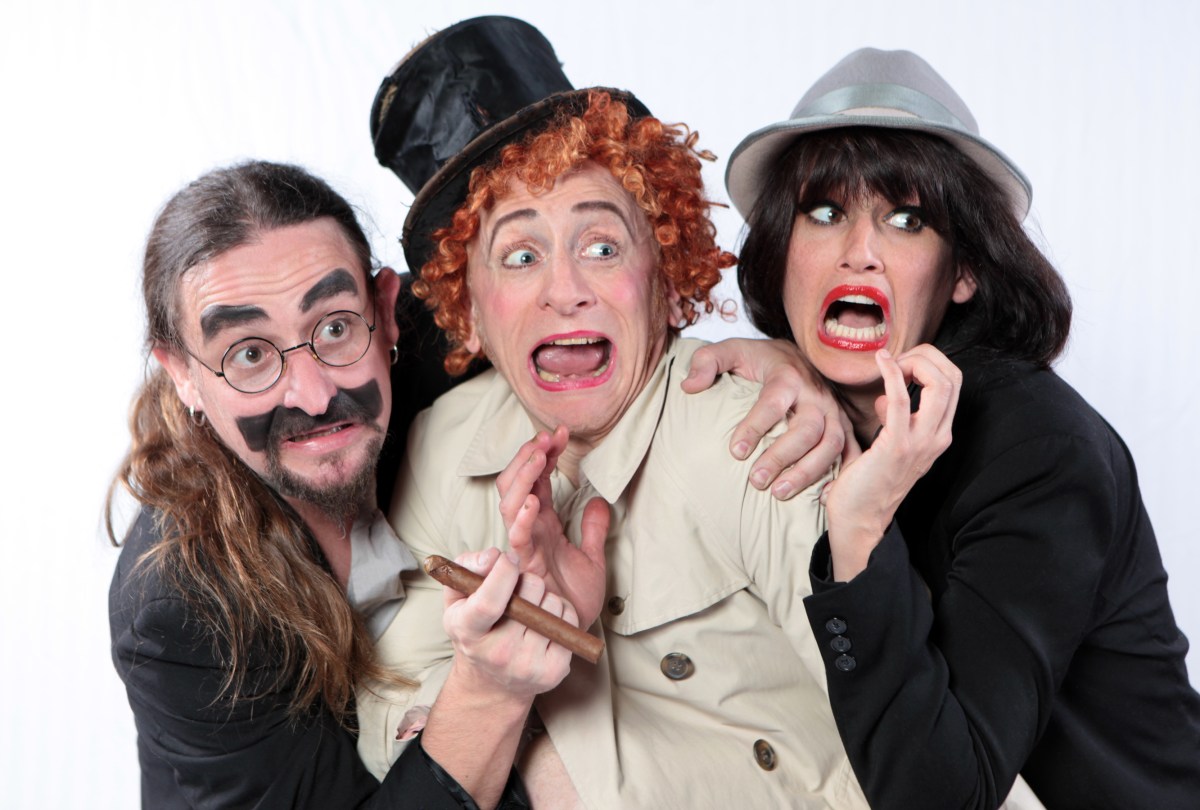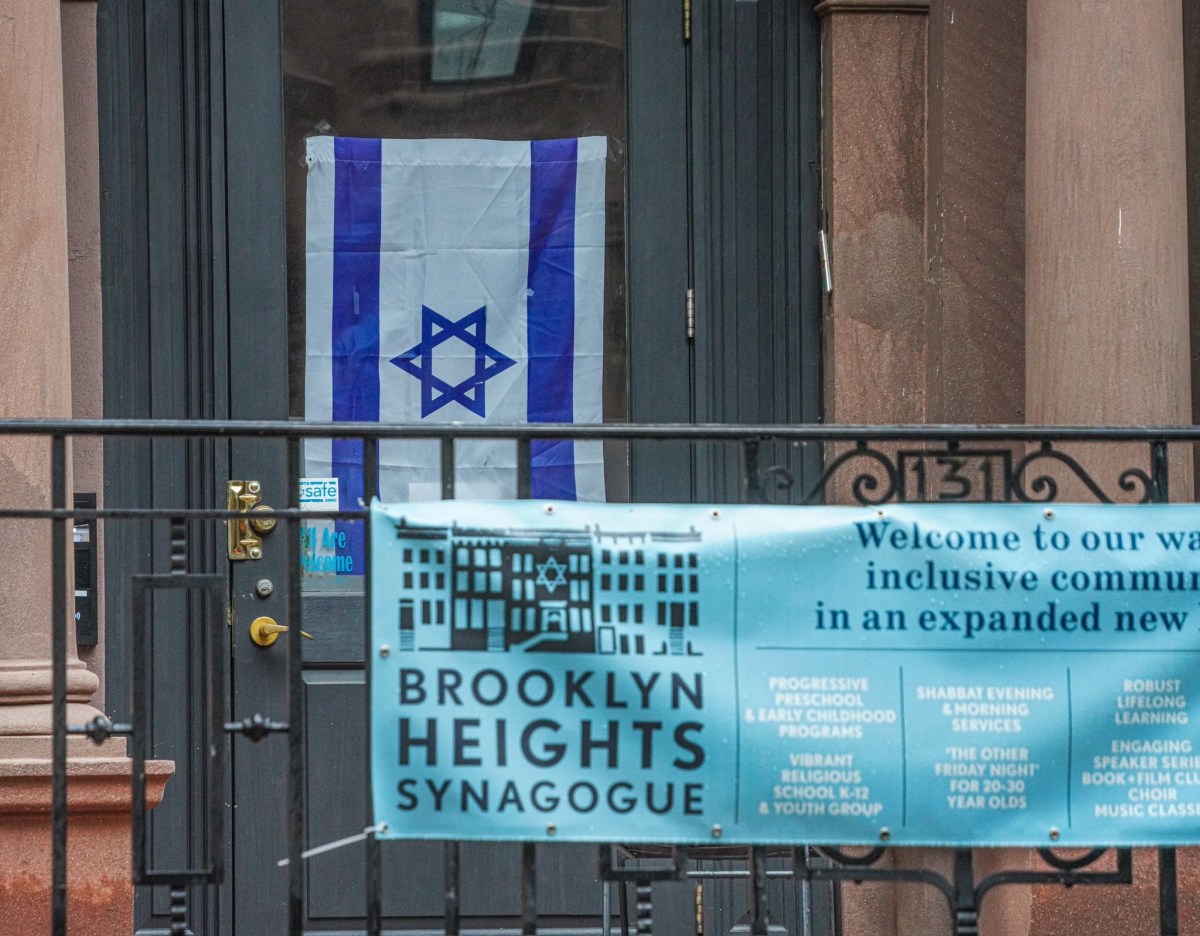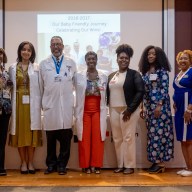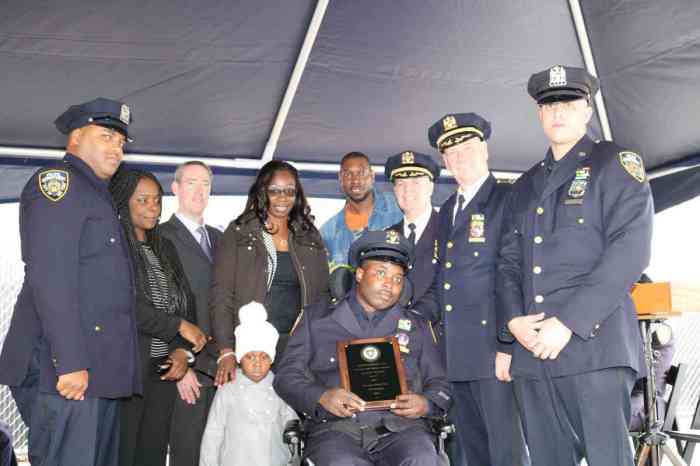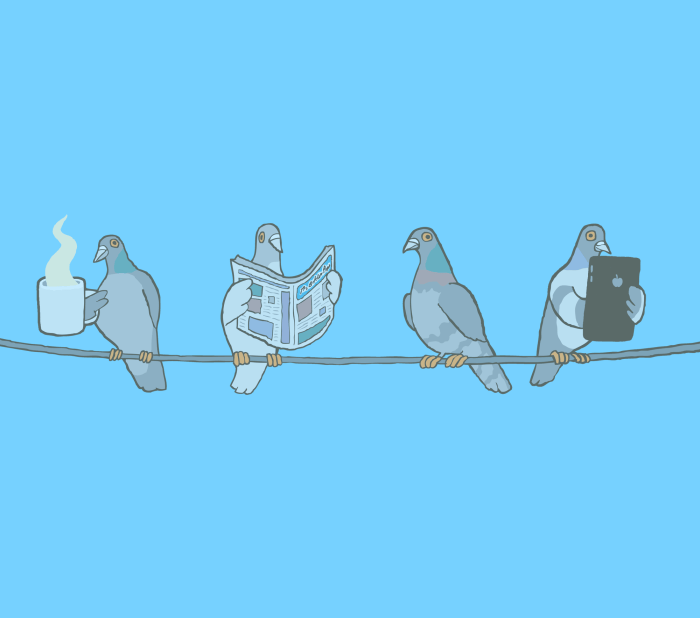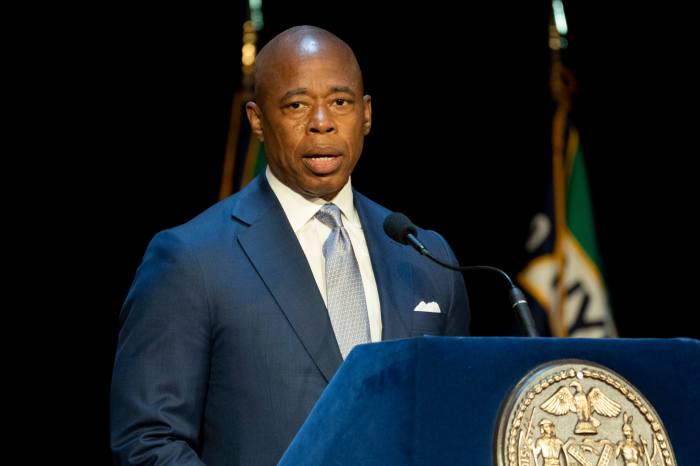Schneps Media is sitting down with judges across the city’s court systems to discuss their roles and how they’ve changed in the age of COVID-19. This week’s interview is with the Hon. Matthew J. D’Emic of Kings County Supreme Court.
Schneps Media: Could you describe your duties as an Administrative Judge?
Hon. Matthew J. D’Emic: An Administrative Judge for Criminal Matters in the Kings County Supreme Court entails assigning cases, assigning judges to the various court parts, making sure with the chief clerk that we have sufficient staff (court officers, court clerks, interpreters, and court reporters to support the operation.) I also preside over the Brooklyn Domestic Violence Court and the Brooklyn Mental Health Court (an alternative to incarceration to keep people living with mental illness out of jail and in treatment).
SM: Has there been a silver lining during the pandemic?
MD: I think we’ve been catapulted into the future because we did not do anything virtually prior. The courthouse was a place, maybe now we get to look at it more as a service than a place. Within two weeks of handling emergency matters in-person, we were able to transfer to virtual appearances. We now have a system, allowing attorneys to e-file their papers that is delivered to the judge’s staff. In addition, I’ve been able to take pleas and impose sentences.
In Mental Health Court, I have compliance updates (an individual will take a plea, they’ll go into treatment and the case will be dismissed if they succeed in treatment). I like to see them regularly to make sure they are doing okay. If they are in a program that has Skype capabilities or if they are home they can do it on their cellphones.
SM: Has doing this process virtually helped court procedures?
MD: The Mental Health Court is very labor intensive. I’ve been doing that since the beginning of 2002. I could have 80 cases on a Tuesday, so that means there are hundreds of people in a courtroom. Those things are all releases for the foreseeable future, so once we are back in my courtroom I can schedule appearances for the defendants or participants who may be doing poorly, or who are on for a plea, or who are just beginning. But those who are doing well or are in programs, residential, or otherwise I can do those by Skype. I limit the amount of traffic in the courthouse, we can socially distance better and protect everybody.
SM: What motivated you to pursue this field?
MD: I always had an inclination towards public service. I had practiced law for 15 years, and ran for Civil Court Judge and lost, but the next year the Governor appointed me to the position I have now. I have the opportunity to help society and individuals.
Mental Health Court appeals to me, too. As a society we recognize that people who have mental illness are shortchanged.
SM: Why is mental health an important subject to you?
MD: The Administrative Judge at the time asked me to take on the responsibility and now it’s been 12 years. I have gotten to know these individuals, their families. I’ve learned that they have a very small political voice. Society must change that.
SM: Is it difficult to balance a social life as well as your busy career?
MD: I play in band named Whipple or Will. I play the bass guitar. I like to play a lot of local fundraises, like the Bay Ridge Guild for Exceptional Children, Our Ladies of Angels). We love performing for good causes.
SM: Are there any misconceptions people have about judges that you would like to clear up?
MD: There is no judge that I know who doesn’t come into work trying to do the best job they can. I think there is a misconception that maybe judges feel that they are above, or they are egotistical or inflated, but by in large they come to work like everybody trying to do the right job.
SM: What advice would you give to those entering the law field?
MD: A couple of pieces of advice I give my students: Work hard and do the best you can and that will be rewarded, and life is never a straight line. Any disappointment you may have may turn out to be the best thing that ever happened to you. For example, I lost the election for Civil Court and a year later I was sitting on the Supreme Court.


